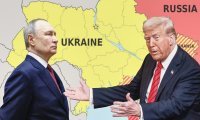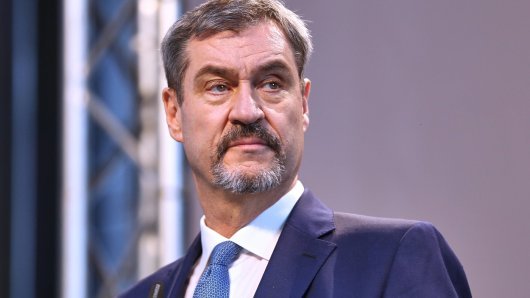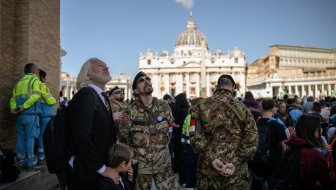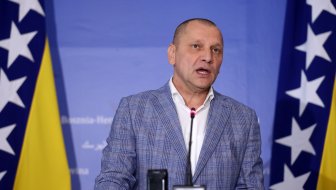The Gay Pride parade planned for 6 October and all other gatherings that day in Belgrade are banned, the Serbian Interior Ministry has decided based on estimates of security risks, Serbian electronic media reported on Wednesday.
Serbian Prime Minister Ivica Dacic is expected to make an official statement later in the day about the ban of the Gay Pride parade.
The head of the Serbian Orthodox Church (SPC), Irinej, earlier in the day sent an open letter to the Prime Minister who is at the same time the Minister of the Interior demanding that the manifestation which promotes the rights of the LGBT community be banned, referring to it as a "parade of shame".
Patriarch Irinej also demanded a ban of an exhibition, "Ecco Homo" by Swedish artist Elisabeth Olsson. Belgrade in fact was to be the first eastern European city to host the exhibition portraying Jesus Christ in women's clothing.
The exhibition was to open on Wednesday evening at the Centre of Cultural Decontamination which is currently surrounded by heavy police forces.
In a press release on the SPC web site and released to the press, Patriarch Irinej notes that this is a "tragic-comical parade of shame", which will cast a moral shadow over Belgrade, Christian culture and the dignity of the family.
The president of the United Serbia (JS) party and MP Dragan Markovic Palma on Tuesday also sent an official demand to the government asking for a ban of what he referred to as a "parade of shame and an attack on the family and the Serbian Orthodox Church". Markovic a coalition partner to Socialist Prime Minister Dacic, said that he had asked him "as a man not to allow this parade".
Dacic said in an interview on national TV said that "based on security estimates, it is likely" that the parade would be banned, recalling that the last time the parade was organised two years ago over 100 people were injured in riots that erupted amongst those opposing the parade. He insisted that this decision was not based on the question of "human rights but on the security of the people".
Organisers of the parade have said that they would not "take the ban with their arms folded".
At the same time several non-government organisations have requested that the government and other EU member countries "ensure respect of the freedom of assembly in Serbia".
Former president and current head of the Democratic Party Boris Tadic on Wednesday commented on his Facebook site that he supported the Gay Pride and called on the state to do everything in order to let the parade go on.
The Swedish Embassy in Belgrade reported that Swedish Minister for European Affairs Birgitta Ohlsson was to visit Serbia on 5 and 6 October and that she would be meeting with high officials in Serbia concerning Serbia's accession to the EU, discussing in particular the position of minorities, the LGTB community and the Roma population.
The Embassy said that Minister Ohlsson intended to attend the Gay Pride parade as a sign of solidarity and would be speaking to participants stating that events of this kind were "a test to see whether a country respect the principles of human rights".



































